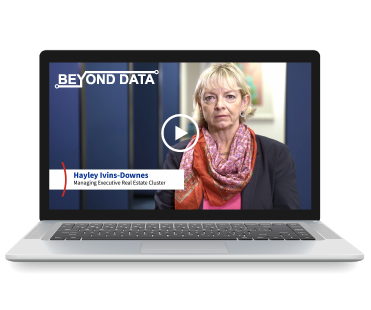Business is complex
Making informed decisions shouldn’t be
Leaders in empowering better business decisions
with information, valuations, and solutions.













